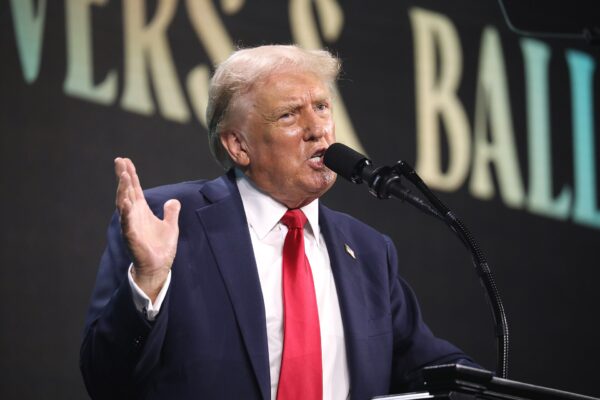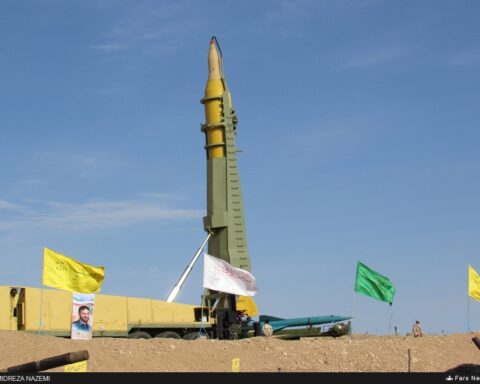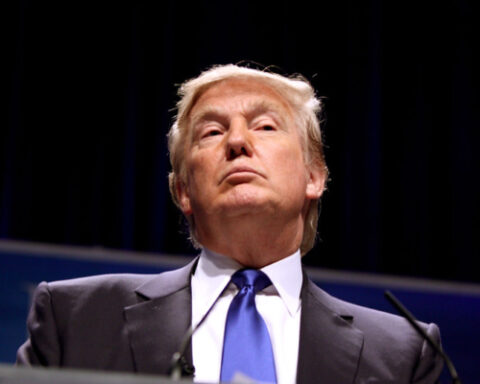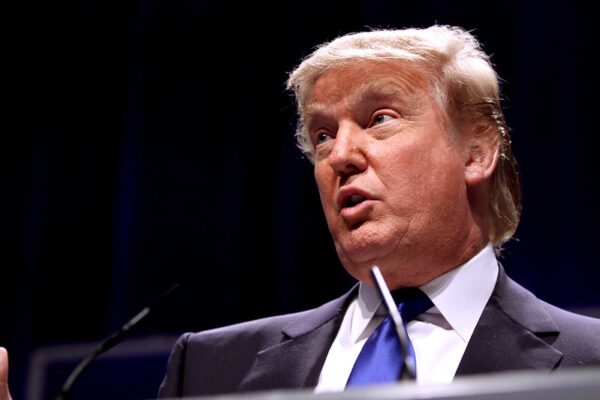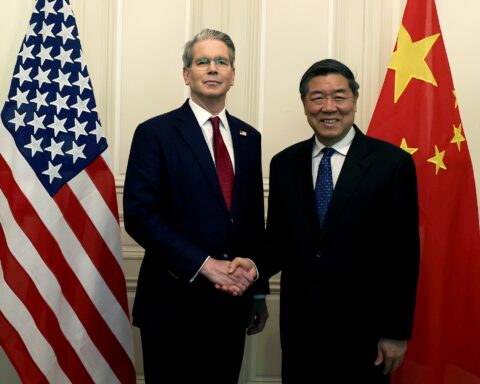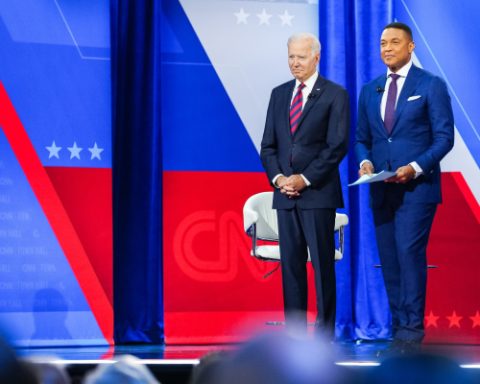President Donald J. Trump reportedly vetoed an Israeli proposal to assassinate Iran’s Supreme Leader, Ayatollah Ali Khamenei, during recent discussions as military tensions between the two nations surged.
According to senior officials, Israel sought U.S. backing for the strike, but Trump refused, signaling that such an action would be considered only if Americans were killed by Iranian forces.
The revelation comes as Israel and Iran exchange direct military strikes, marking one of the most volatile escalations in recent Middle East history.
Israel’s “Operation Rising Lion” has seen coordinated airstrikes on Iranian nuclear sites, military installations, and energy infrastructure in cities including Tehran, Natanz, Isfahan, and Mashhad.
The attacks have resulted in widespread destruction and significant casualties, with hundreds reported dead or injured.
Iran has responded with a barrage of ballistic missiles and drone attacks aimed at Israeli cities, including Tel Aviv and Haifa.
Several residential neighborhoods were struck, with civilian casualties, including children, reported.
Emergency services across Israel remain on high alert, while air defense systems have been stretched thin by the scale of the onslaught.
Prime Minister Benjamin Netanyahu has declined to comment directly on reports of the assassination plot, calling them false.
However, he defended Israel’s broader offensive, framing it as a necessary move to neutralize Iran’s growing military capabilities and hinted at a longer-term goal of regime destabilization in Tehran.
Trump, meanwhile, has sought to distance the United States from the Israeli operation, asserting that Washington played no role in the recent airstrikes.
Nonetheless, he warned Iran that any aggression toward American personnel or assets would result in decisive retaliation.
While stressing the need for caution, he also expressed optimism that the two regional powers might eventually find a path to peace.
As the conflict continues to escalate, global markets have begun to feel the strain. Iranian attacks on Israeli fuel depots and retaliatory strikes on key Iranian energy hubs have disrupted oil and gas operations, with ripple effects already being felt across international supply chains.
Global leaders have called for restraint. Several nations have issued travel warnings and begun diplomatic outreach aimed at containing the conflict.
But with the situation evolving rapidly, fears are mounting that the region may be heading toward a broader war — one that could draw in outside powers and destabilize the Middle East for years to come.
[READ MORE: Hamas Guns Down Eight Aide Workers in Gaza Attack]

